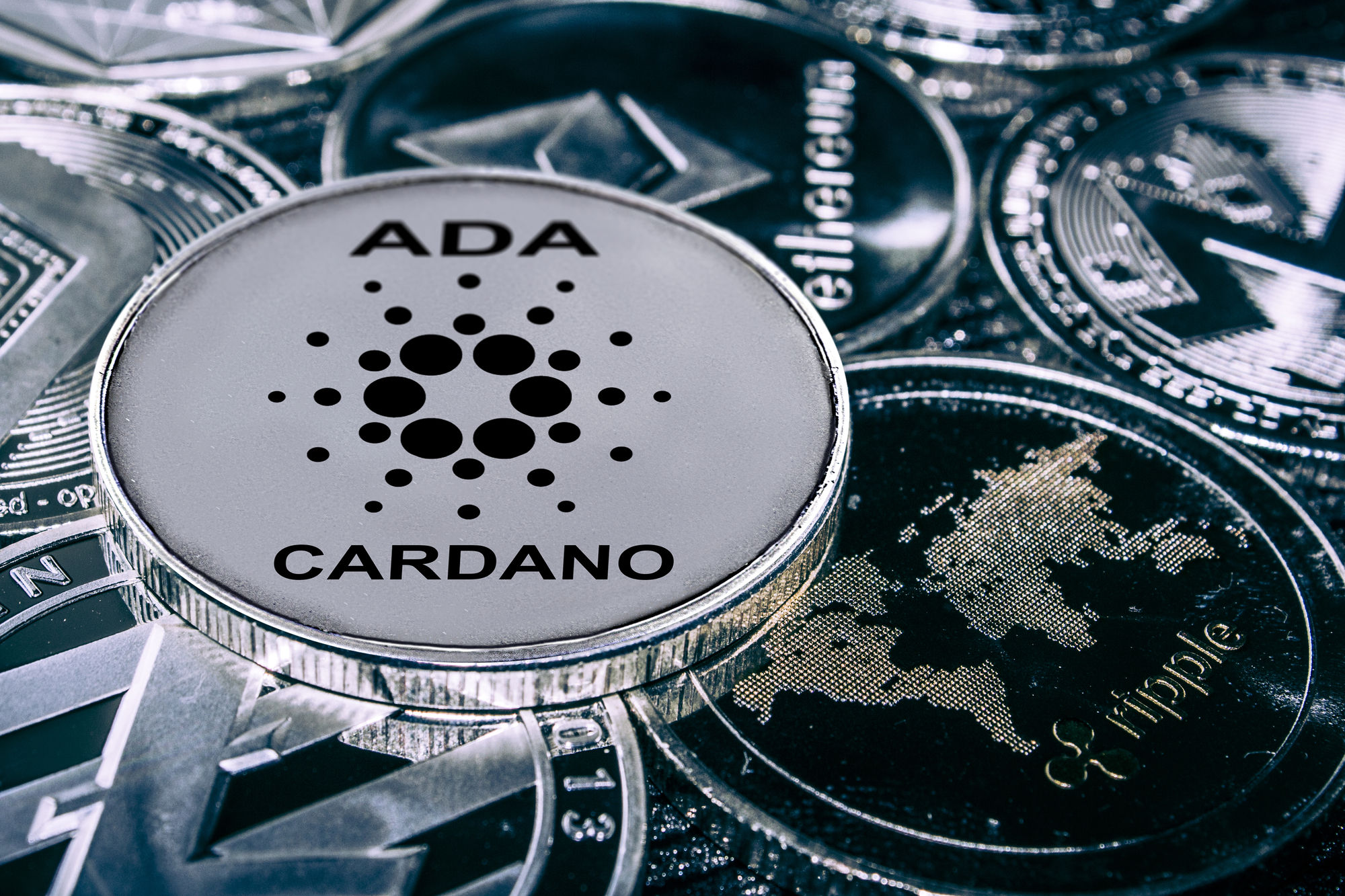The Securities and Exchange Commission’s (SEC) decision to approve spot Ethereum ETFs is arguably this year’s most significant event in the crypto industry. That’s because the SEC believes that Bitcoin and Ethereum are different assets, with BTC being a digital commodity and Ether an unregistered security because of its staking feature.
Potential ETF needs to be big and liquid
Ethereum’s ETF approval has paved the way for other exchange-traded funds. Last week, BanklessTimes mentioned that Avalanche and Solana are two potential ETFs to watch. We also made the case for a Solana ETF after James Seyffart, an ETF analyst for Bloomberg made comments on the matter.
There is a possibility that companies like Blackrock, VanEck, and Ark Invest will apply for other crypto ETFs. With the crypto industry having thousands of tokens, I believe that potential ETFs will need to have a number of critical characteristics.
First, the cryptocurrency needs to be big in terms of market cap. In this case, the BNB token has a market capitalization of over $89 billion while Ripple, Dogecoin, and Cardano have over $29 billion, $24 billion, and $16 billion, respectively.
Second, the potential crypto ETF also needs to be highly liquid. Bitcoin and Ethereum are extremely liquid assets with a daily volume of over $16 billion. These four tokens have a daily volume of over $500 million, making them good candidates for ETFs.
Digital commodity or a security
Third, the SEC needs to see them as being digital assets instead of securities. A US court ruled that XRP is not a financial security during the SEC vs Ripple case. Dogecoin, a proof-of-work (PoW) blockchain network can also be seen as a digital commodity, making it an easier ETF to approve.
The challenge for BNB and Cardano is that the SEC might make the case that they are securities because of their staking features. Also, the SEC might link BNB to Binance, a company it has tussled with in the past. Therefore, based on these criteria, there is a likelihood that the agency might reject a BNB ETF application.
However, if the SEC approves a Solana ETF, it will be difficult for the agency to deny a Cardano fund due to the similarity between the two assets. Further, the cryptocurrency needs to have clear tokenomics. Dogecoin has a total supply of over 144.45 billion tokens while Cardano has a maximum supply of 45 billion ADA tokens and has 36.9 billion in circulation.
BNB token has 147.58 million tokens in circulation and has no maximum supply. Ripple’s (XRP) tokenomics is different because the developers release 1 billion tokens each month from its escrow. These tokens will be released for 55 months of 4.5 years.
Therefore, I bet that the SEC will now focus on new crypto ETFs. The most logical one will be Solana, which has emerged as the biggest alternative to Ethereum. If Solana’s ETF is approved, the other ones to watch will be Ripple, BNB, Cardano, and Avalanche.












